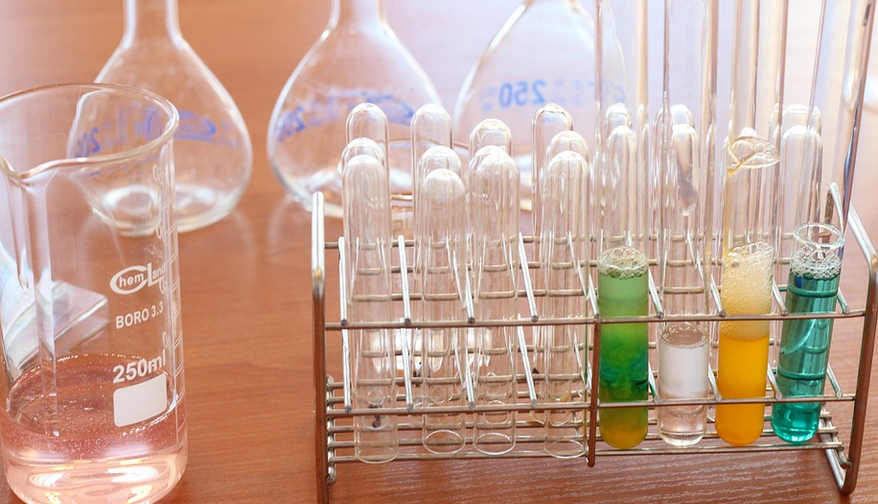What Causes Muscle Cramps?
Muscle cramps are sudden, involuntary contractions of one or more muscles. They can be caused by a variety of factors, including dehydration, muscle fatigue, and electrolyte imbalances. One electrolyte that is particularly important for muscle function is potassium. When levels of potassium in the body are low, it can lead to muscle cramps and other symptoms.
The Role of Potassium in Muscle Function
Potassium is an essential mineral that plays a key role in muscle function. It helps to regulate the electrical signals that control muscle contractions, making it crucial for proper muscle movement. When potassium levels become too low, the muscles may not receive the signals they need to function properly, leading to cramping and other issues.
Causes of Low Potassium
There are many factors that can contribute to low potassium levels in the body. Some common causes include: – Inadequate dietary intake of potassium – Excessive sweating or urination – Certain medications, such as diuretics and laxatives – Digestive disorders that affect nutrient absorption
Symptoms of Low Potassium
In addition to muscle cramps, low potassium levels can cause a range of other symptoms. These may include: – Weakness or fatigue – Nausea or vomiting – Irregular heartbeat – Tingling or numbness in the extremities
Treating Low Potassium
If you are experiencing symptoms of low potassium, it is important to speak with your healthcare provider. They can perform tests to determine your potassium levels and recommend an appropriate course of treatment. This may include dietary changes or supplements to increase your potassium intake.
Preventing Muscle Cramps
To prevent muscle cramps and other symptoms related to low potassium, it is important to maintain a healthy diet that includes plenty of potassium-rich foods. Some good sources of potassium include bananas, sweet potatoes, avocados, and spinach. Staying hydrated and avoiding excessive sweating can also help to prevent electrolyte imbalances.
Conclusion
Muscle cramps can be a frustrating and painful experience, but understanding the role of potassium in muscle function can help you to prevent and treat them. By maintaining a healthy diet and staying hydrated, you can ensure that your body has the nutrients it needs to function properly and avoid the discomfort of muscle cramps.

